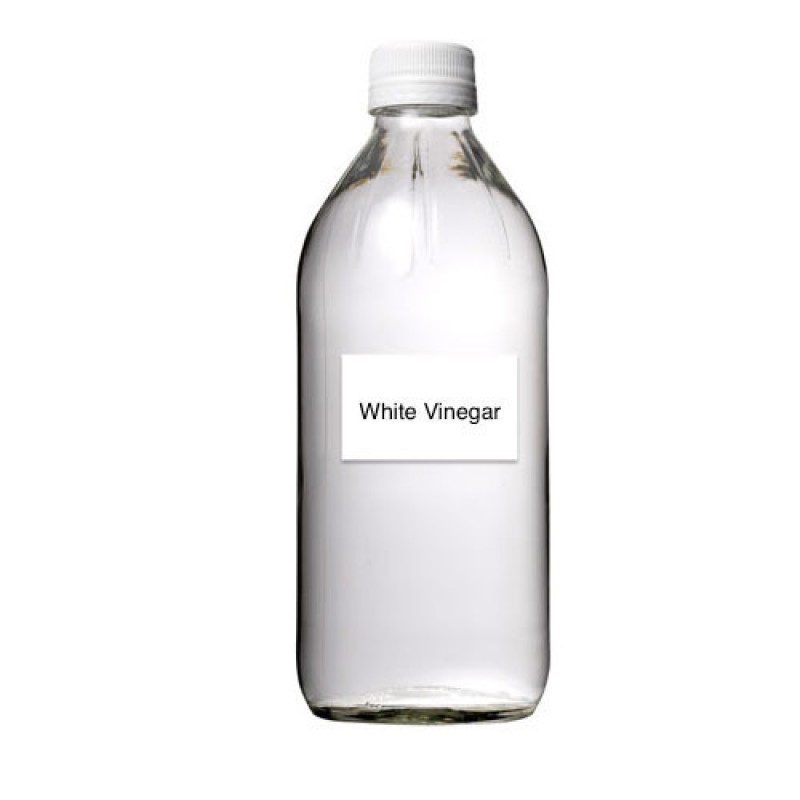Natural vinegar, often referred to as simply "vinegar," is a versatile ingredient used in various food dishes and culinary applications. Here are some common uses of natural vinegar in food:
Salad Dressings: Vinegar, particularly varieties like balsamic vinegar, red wine vinegar, white wine vinegar, and apple cider vinegar, is a key ingredient in salad dressings. It adds acidity and flavor to vinaigrettes and helps balance the flavors in salads.
Pickling: Vinegar is an essential component in the pickling process. It is used to preserve and flavor pickled vegetables, such as cucumbers, onions, and peppers.
Marinades: Vinegar-based marinades can tenderize and flavor meats, poultry, and seafood. Vinegar helps break down proteins and infuse the food with flavor before cooking.
Condiment: Vinegar is often used as a condiment for foods like fish and chips, French fries, and various fried dishes. It provides a tangy contrast to the richness of fried foods.
Flavor Enhancer: A small amount of vinegar can be used to enhance the flavor of soups, stews, and sauces. It can brighten the taste of a dish and cut through richness.
Preservation: Vinegar can be used to preserve fruits, chutneys, and various sauces. It can extend the shelf life of these products and add a tangy flavor.
Baking: Some recipes, particularly for baked goods, call for vinegar to interact with baking soda, producing carbon dioxide and helping the batter rise. This can be seen in recipes like buttermilk biscuits and certain cakes.
Deglazing: Vinegar can be used to deglaze a pan after cooking meats. It helps lift and incorporate the flavorful browned bits (fond) from the bottom of the pan, creating a rich sauce.
Ceviche: In ceviche, a dish of raw seafood or fish marinated in citrus juices, vinegar can be used to provide acidity and partially "cook" the raw ingredients.
Picklebacks: In some culinary cultures, picklebacks are a popular beverage combination, where vinegar (usually from pickles) is consumed alongside a shot of whiskey or another spirit.
Tenderizing Meat: Vinegar can be used to tenderize tougher cuts of meat by marinating them for a period of time.

Login To Comment